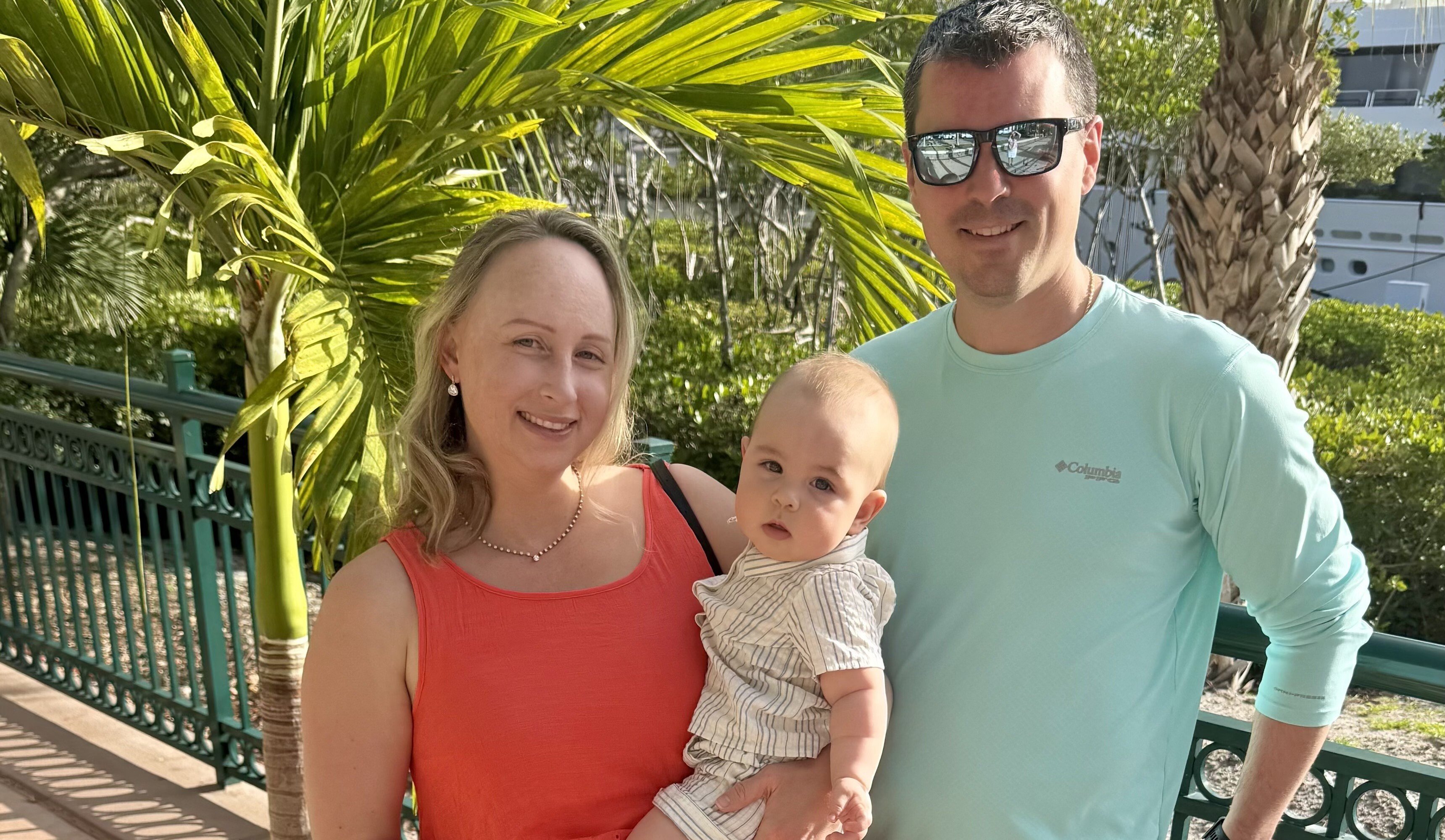
Ursa Health Blog
Visit Ursa Health's blog to gain healthcare data analytics insights or to get to know us a little better. Read more ...
What’s your role at Ursa Health, and what do you do?
I am a data integration engineer at Ursa, which means that I am at the point of attack for fueling Ursa’s data model.
Healthcare data in its native form is inherently messy, incomplete, and variable in structure. My work focuses on transforming disparate data streams into a clean, consistent form in order to maximize its utility for analytics. Ursa’s analytics engineers and modules provide tremendous value, but like any analytics platform, are subject to “garbage in, garbage out.” My job is to ensure that only data of the highest integrity gets consumed by all of the analytics modules downstream.
In practice, that means getting my hands dirty with the data. There are different nuances and challenges with every data package that we encounter, and oftentimes they are not immediately conspicuous. I am tasked with surfacing those idiosyncrasies, accounting for them with custom logic, and validating the results. This means achieving a sound understanding of each complex data package, knowing what to look for, asking the right questions, and ultimately using some creative problem solving to implement elegant solutions. My toolbox for completing those tasks is primarily Ursa Studio, our no-code platform for constructing robust data pipelines.
Can you share a little about your background?
I have spent my entire career working with healthcare data in different capacities. After a few years as a data analyst working primarily with clinical trial operations data, I co-founded a company focused on providing APIs to curated open data assets as well as private data assets from our clients and partners.
Working at a startup meant that I got to (had to?) wear a lot of hats: everything from data engineering to analytics to product management to sales. Building something from scratch was a grind and came with plenty of sleepless nights, but it was so fulfilling to deliver real value to clients, and I loved the opportunity to sharpen existing skills and build new ones that were more outside of my comfort zone. I will always look back with fondness at the early days when I was running on coffee and the Foo Fighters.
We found great success in both the clinical trial operations and independent retail pharmacy verticals. Much of what I did then is reminiscent of what I do now: acquire messy healthcare data, perform some data gymnastics, and unlock and maximize the value of the inputs.
Why did you decide to work for Ursa Health?
I knew that I wanted to remain in healthcare technology, and more specifically, I wanted to land somewhere either tangentially or directly involved in data interoperability or value-based care. I don’t think it’s controversial to say that the US healthcare system is broken. I wanted to work in some capacity to make it slightly less broken, and I believe in those two initiatives- data interoperability and value-based care- as a means to making that happen. Ursa fits that bill by enabling more effective execution of value-based care.
Fresh off 13 years at a startup, transitioning to a large corporate entity was going to be a real challenge for me. Culture is as important to me as the substance of the work, and what I found at Ursa was a culture of collaboration, innovation, and zero ego. The founders care deeply about the mission, and the team they have built reflects that. I am invigorated by being surrounded by bright individuals, which is certainly the case here.
What do you find to be the best part of working at Ursa?
Each day presents different challenges, and I am constantly learning as a result. Working with brilliant teammates who are so generous with their time and knowledge makes a steep learning curve easy to climb.
Many of the reasons I originally identified Ursa as a good fit are the same reasons I still enjoy it now. There is no shortage of opportunity to leverage different aspects of my skill set. I really enjoy interacting directly with clients and distilling complex data and technical issues for people with varied or no technical background. A weekly new feature office hours meeting provides a forum for all- everyone from engineering to client services- to drive product development. That level of collaboration and inclusion keeps everyone engaged and invested in the growth of the company.
What is the one thing people are surprised to learn about you?
I prefer winter to summer. Skiing is my favorite hobby, so put me at the top of a mountain with some fresh powder and I’m a happy data integration engineer (Big Sky in Montana is my favorite mountain). That said, my ideal day is still a relaxing day on Cape Cod with my family, waiting for my dad to serve up some sort of delicious seafood dish.
